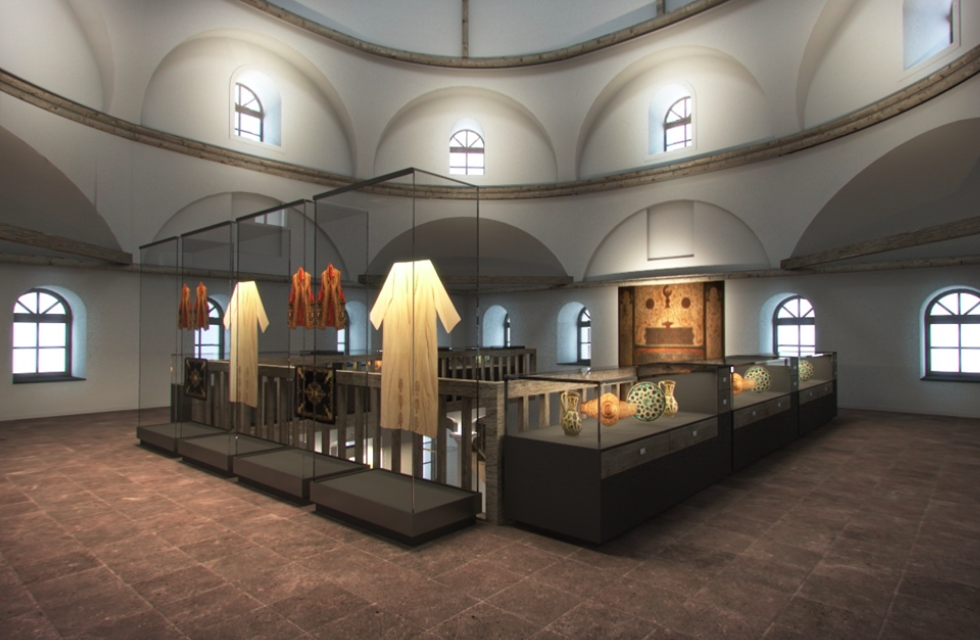Zorbabook provides an incredible discovery of local food and wines, landscapes, history, language, and the rich culture of Greece, with off-the-beaten-path experiences that are designed to give guests holistic and meaningful adventures in popular as well as undiscovered destinations.

Created by Athenian-born Dimitris Palaiogiannis, who believes in supporting local Greek producers; Dimitris has spent years sourcing innovative and responsible Greek brands across the country that offer authentic experiences while promoting the preservation and protection of Greece’s cultural heritage and traditions.
Whether it’s a visit to the seaside or the mountains you are looking for- these unique tours celebrate Greece’s simplicity, authenticity and hospitality- with guests given the opportunity to discover local foods, history, music and traditions.
It is ideal for those who want to meet friendly, passionate locals, determined to preserve their cultural heritage while treating their visitors with care. During the tours, guests become a part of local life, make new friends, and enjoy a variety of regions, while appreciating the delightful flavours, dishes and delicacies each destination has to offer.
Above all, Zorbabook was created to promote sustainable tourism and to inspire people to leave places better off from when they arrived.
From olive oil tasting in Mykonos to phyllo pastry making in Pelion, we recently had a chat with Dimitris about the authentic experiences he carefully designs for those who want to connect with local people, places and culture when visiting Greece.
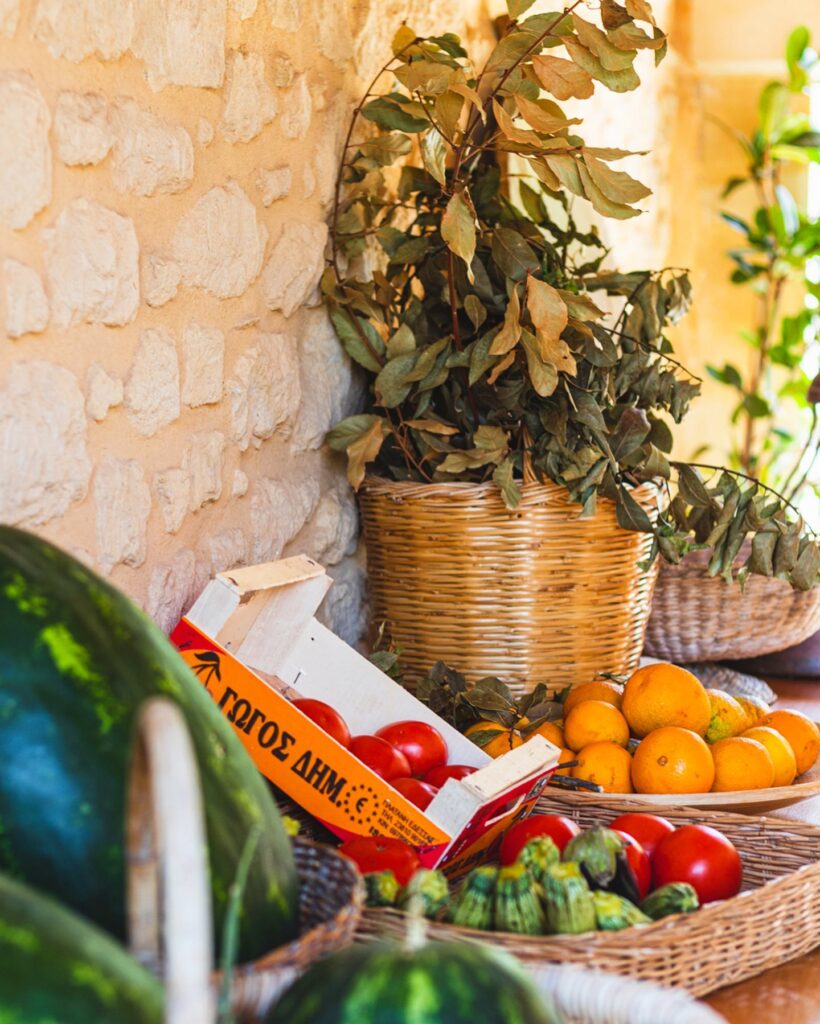
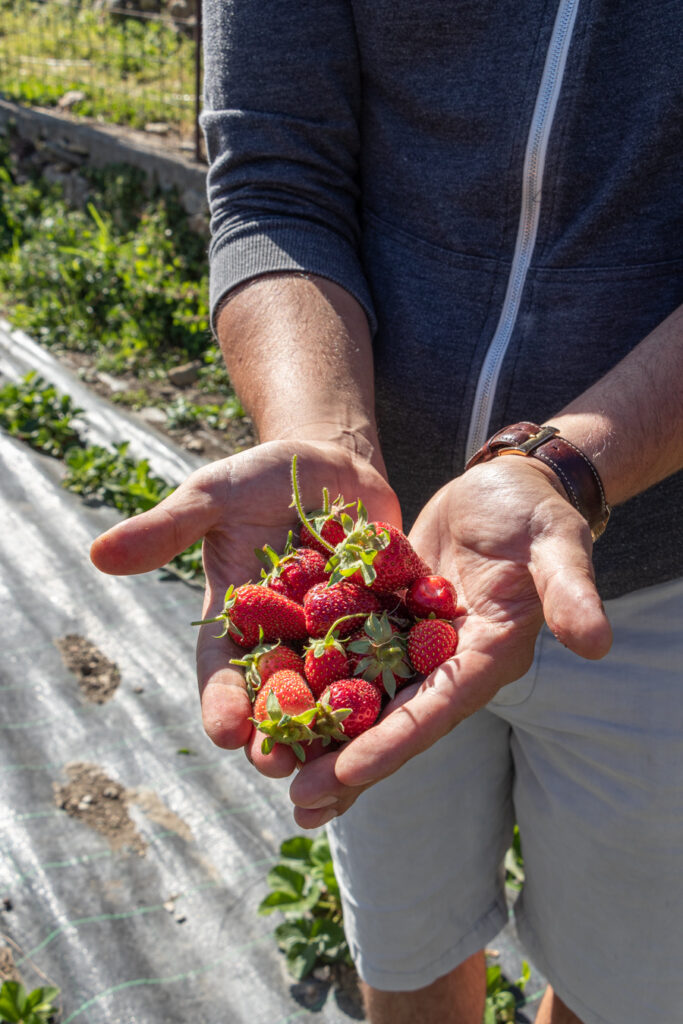
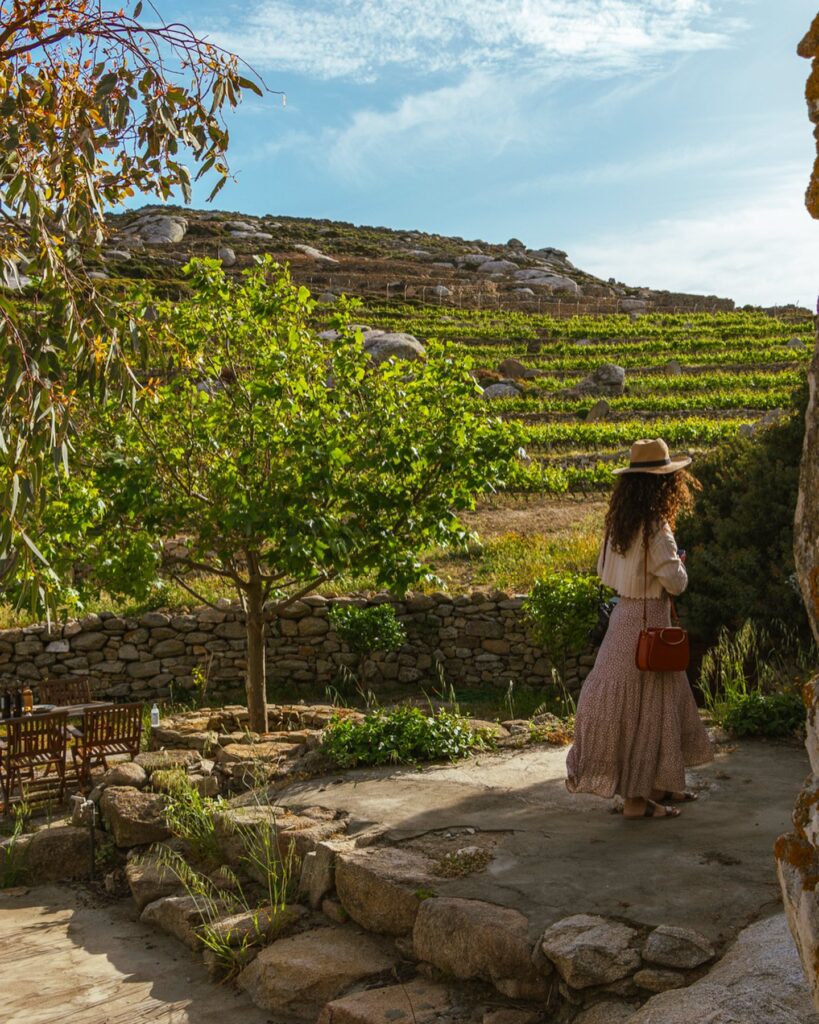
How did the idea of Zorbabook come about?
I grew up in Athens and attended an international school. From a very young age, I felt very connected to other cultures and was also passionate about inspiring others to discover the beauties of Greece.
In 2013, I travelled to the UK to study International Tourism Management at the University of Brighton. This was the beginning of my journey in world tourism; during my studies, one of the most memorable experiences was a trip to The Gambia for a community-based tourism project to help locals protect their natural assets and develop alternative sources of income through responsible tourism practices.
After working in Greece as a tourism consultant for various municipalities and investing time in understanding the contemporary issues of tourism in the country, I decided to launch Zorbabook. The mission is to assist in the development and promotion of responsible tourism practices in the authentic experiences value chain, by creating a unique local ecosystem and international network.
How would you describe Greece’s culinary scene?
Although my field of study and specialty is tourism, having travelled extensively in Greece and through my efforts to connect gastronomy with tourism, I have developed a personal philosophy for Greek gastronomy and its identity. Five things come to mind when thinking about authentic Greek gastronomy; simplicity, locality, seasonality, quality ingredients and last but not least cooking with love.
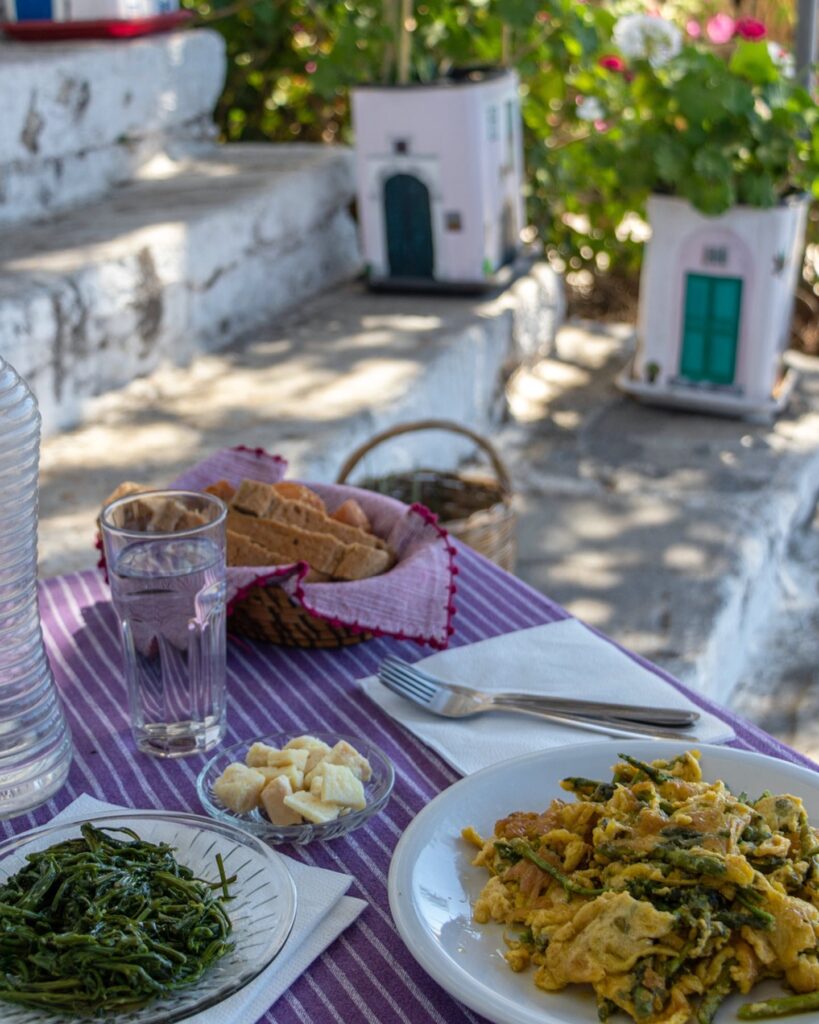
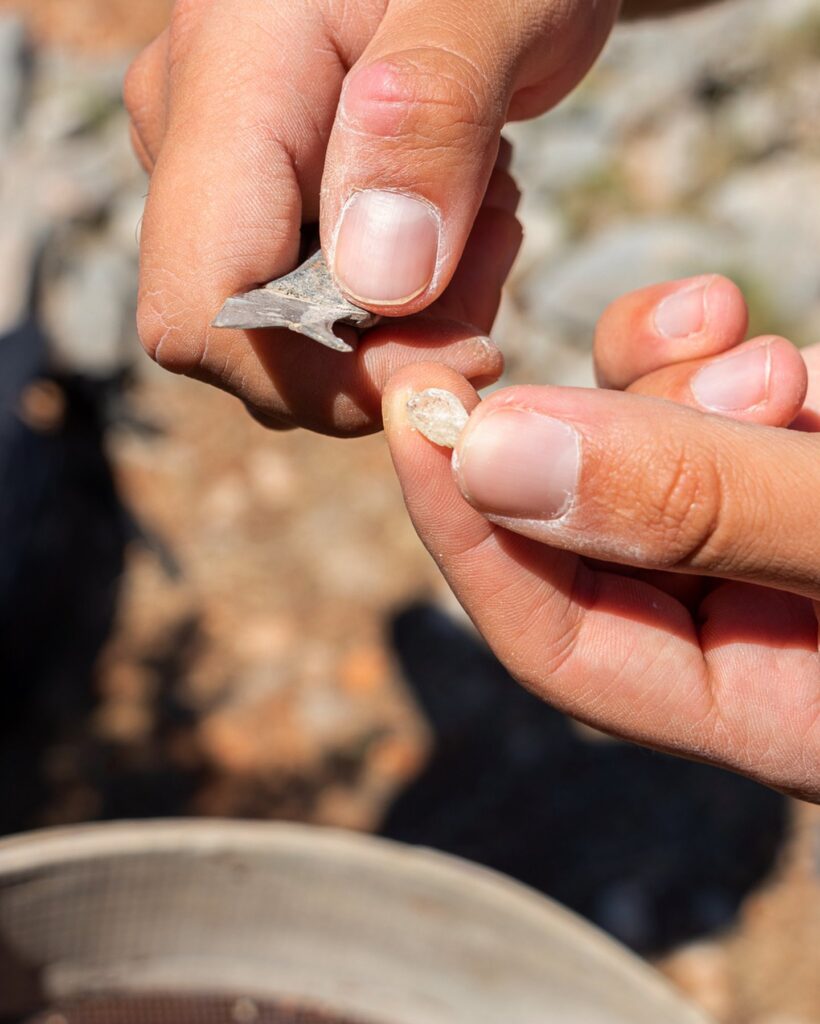
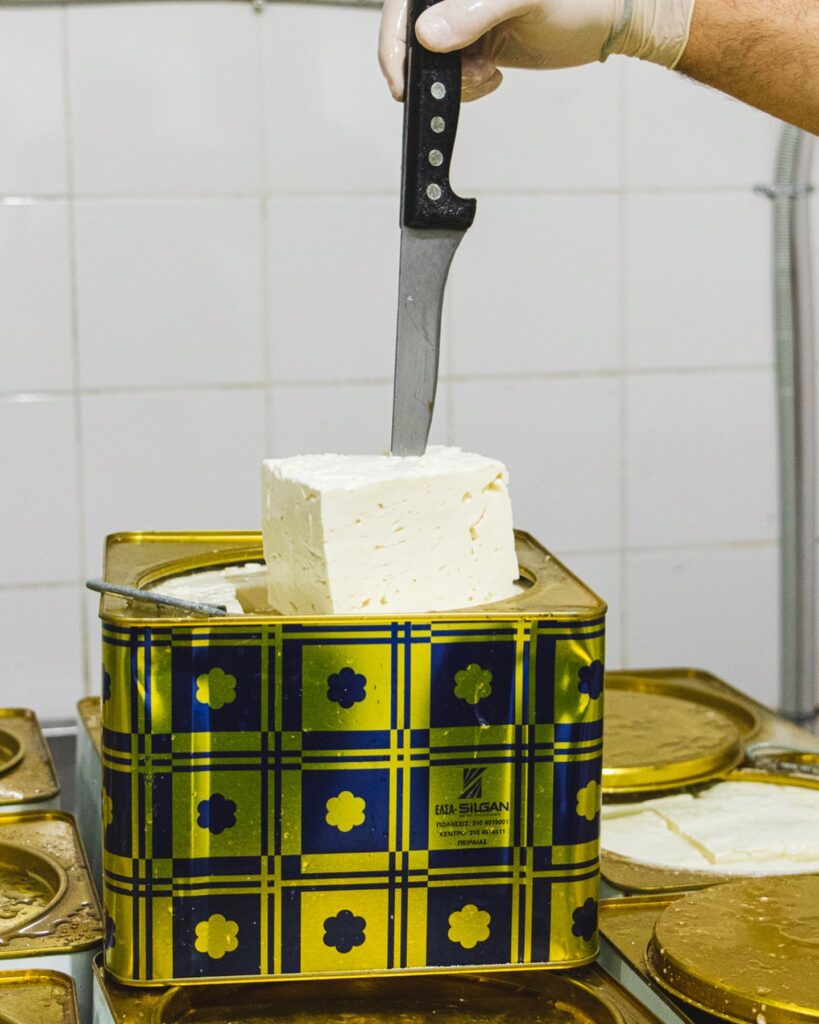
How has food tourism changed over the last few years?
Globally, food tourism and its development have been both a trending and challenging topic over the last few years. Developing a local gastronomy identity is one thing, but connecting it with tourism and involving the agriculture value chain is challenging. Greece is undoubtedly a broadly accepted food destination, however, if we are to develop a holistic and inclusive food tourism sector we must focus on educating, developing, and promoting it in a strategic way.
The niche of food is critical for the Greek tourism product, its future and the sustainability of Greek cuisine and produce. Let’s not disregard that food tourism plays a crucial role in creating alternative sources of income for producers and each destination community as a whole.
What part of your work do you love most?
Travelling around the country gives me the opportunity to learn about our heritage, admire the natural beauty and diversity as well as discover authentic experiences. More importantly, meeting and speaking with locals helps me to better understand their problems and needs as well as advise them on options and alternatives they might have not thought of.
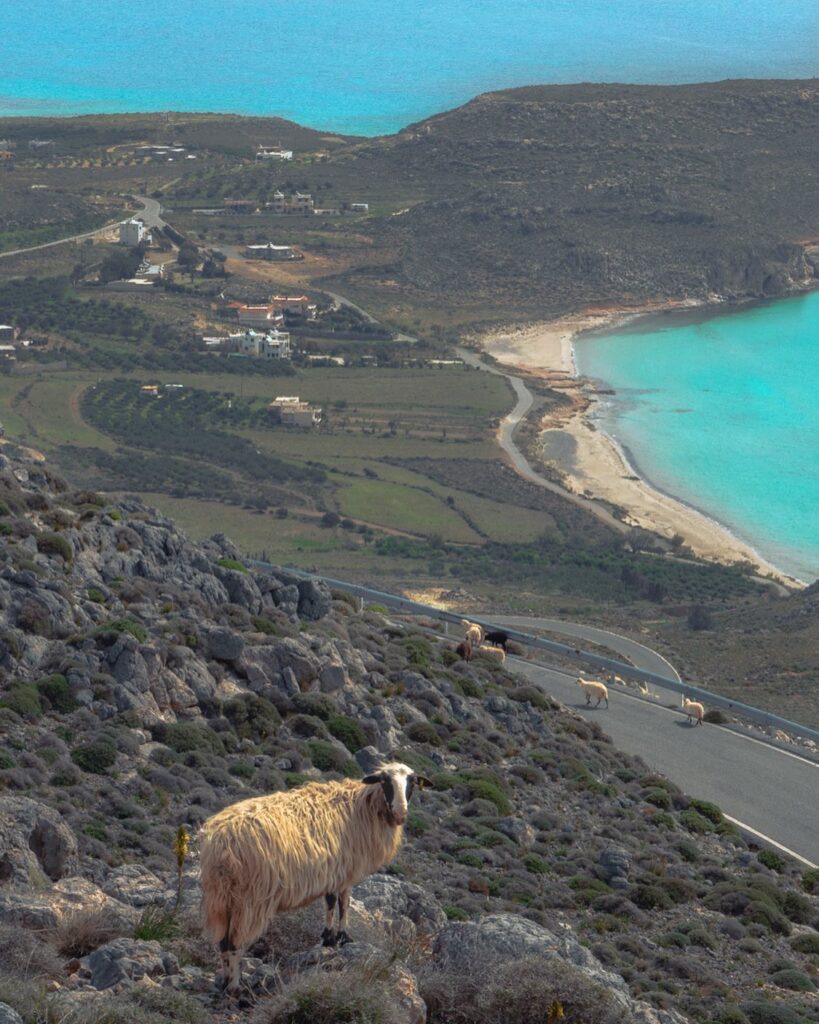
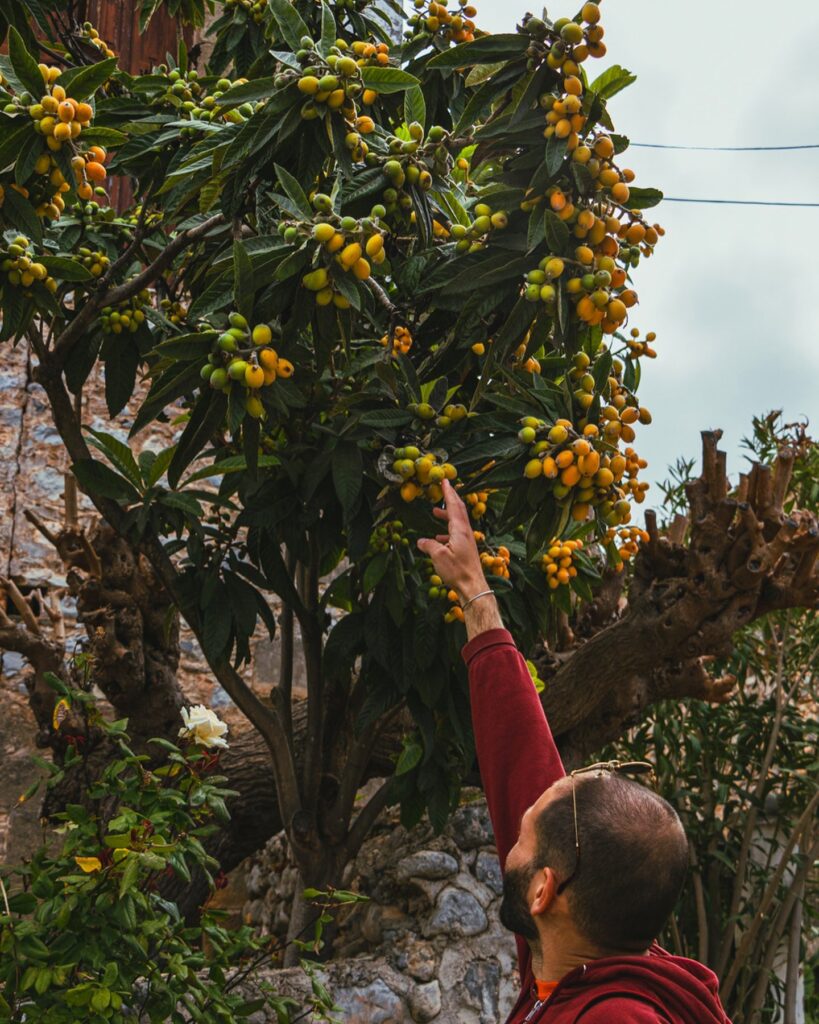
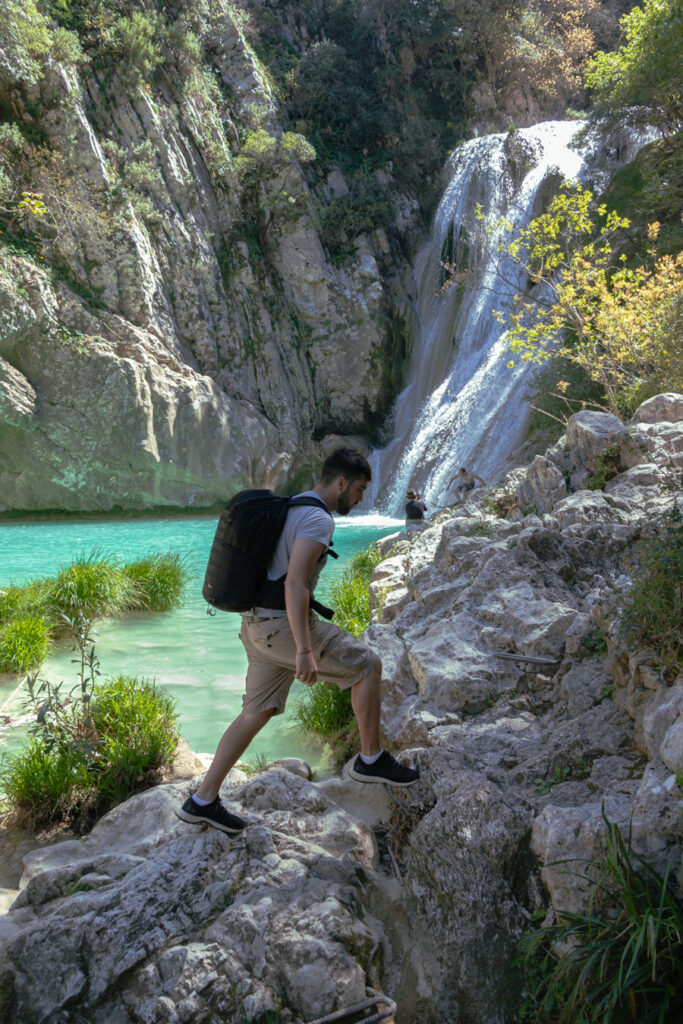
Tell us more about Zorbabook’s tours, tastings and experiences.
We offer experiences that give the opportunity to visitors who are interested in broadening their knowledge about our products and food heritage, which goes back in time. We believe our offers contribute to visitors’ appreciation for nature, quality, wellness and the importance of responsible tourism.
Our handpicked partners have designed innovative, holistic, meaningful and immersive experiences in both popular and undiscovered destinations. Some of our partners’ businesses go back five generations, so you can imagine the uniqueness and richness of knowledge, expertise and passion they share.
What do you think people who have never visited Greece would find surprising about Greek food and culture?
To start with, our culture’s richness is reflected by the 18 UNESCO World Heritage Sites! History dating back 4,000 years is evident even in the most remote village and people realise our contribution and influence in science, arts, philosophy, literature, etc.
The same holds true for food! Visitors taste products and food and experience cooking methods with routes in ancient times. They are usually surprised by the amazing taste of locally grown vegetables, herbs and other ingredients, especially during their farm-to-table experiences. They appreciate the simplicity of our dishes and love the way everybody joins and enjoys a dinner without formalities, with lots of music, laughs and dancing.
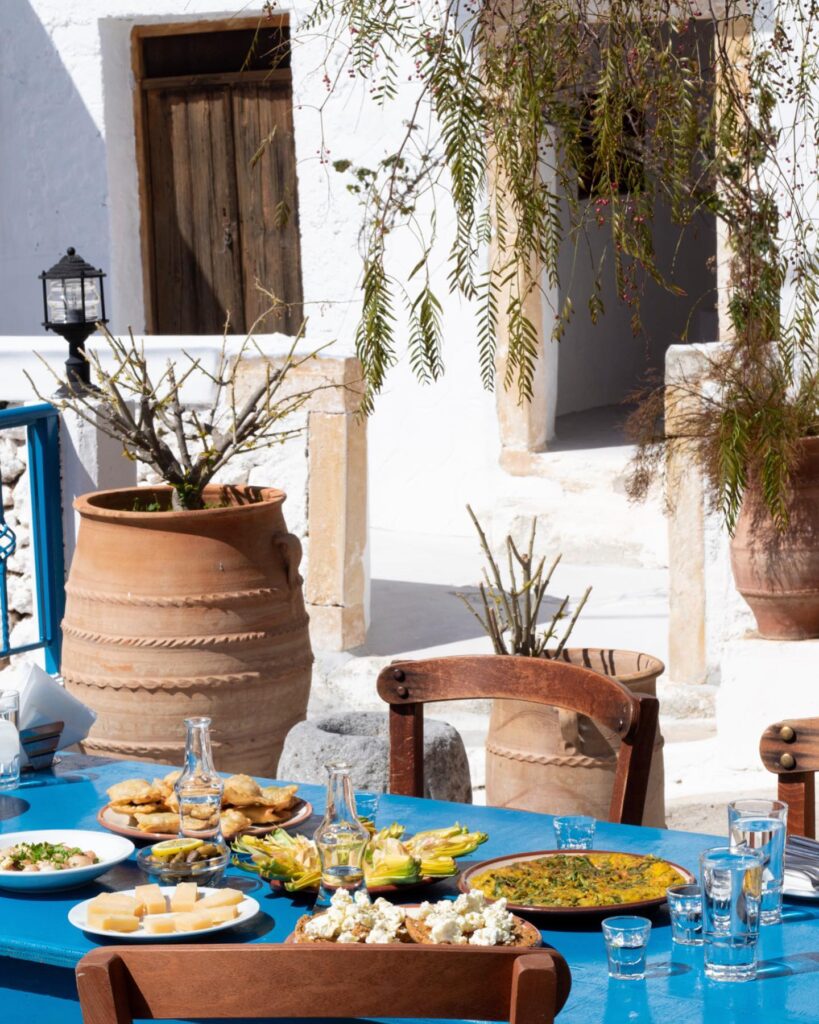
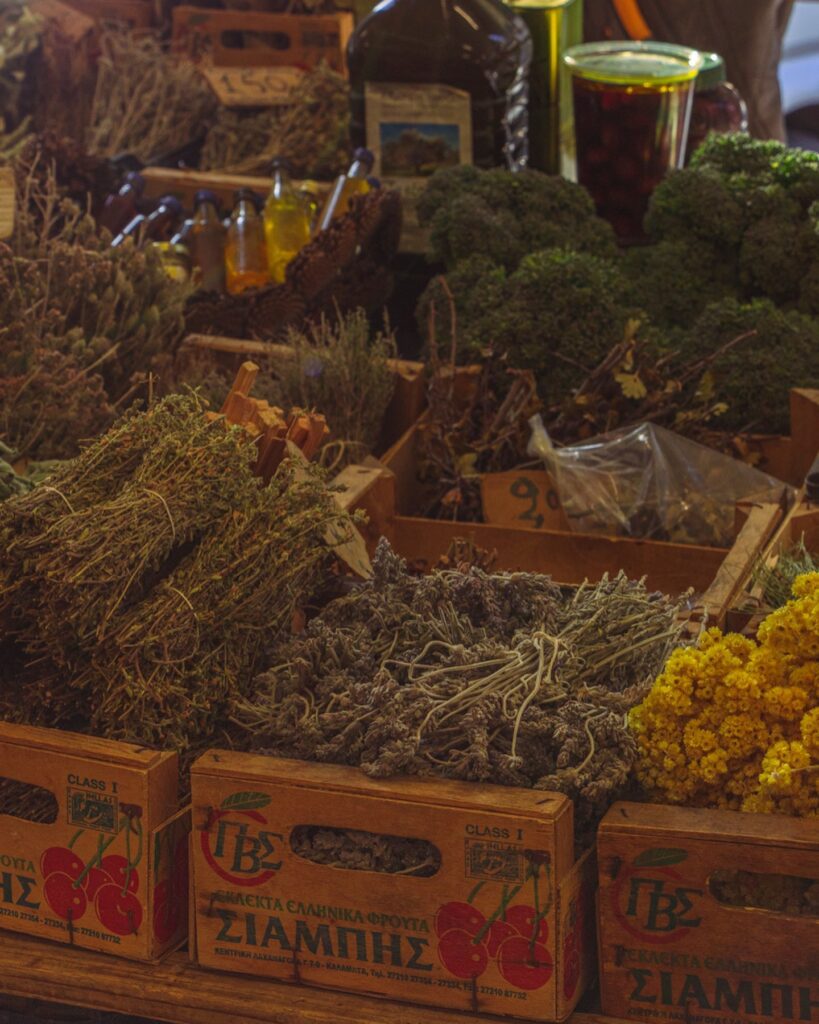

What are a few of your favourite destinations in Greece?
Well, this is a difficult one, since every region is special depending on the local heritage, seasonal offerings, nature, customs and traditions. During the winter I personally prefer visiting the mountainous mainland for skiing and hiking, as well as the bigger islands where you have the opportunity to spend more time with the locals and experience the local way of life. Some of my favourite regions for winter, are Epirus, Central Greece, North Aegean Islands.
In the summer I choose destinations that combine beautiful villages and more secluded beaches (Peloponnese, Thessaly), or not-so-crowded islands in the Cyclades, the Dodecanese and Ionian seas.
I have to mention that both spring and autumn should be on visitors’ plans to visit Greece both on the mainland and on the islands. Greek Orthodox Easter time is really unique with different customs, and traditional food offerings and exploring nature in spring and autumn is something else.
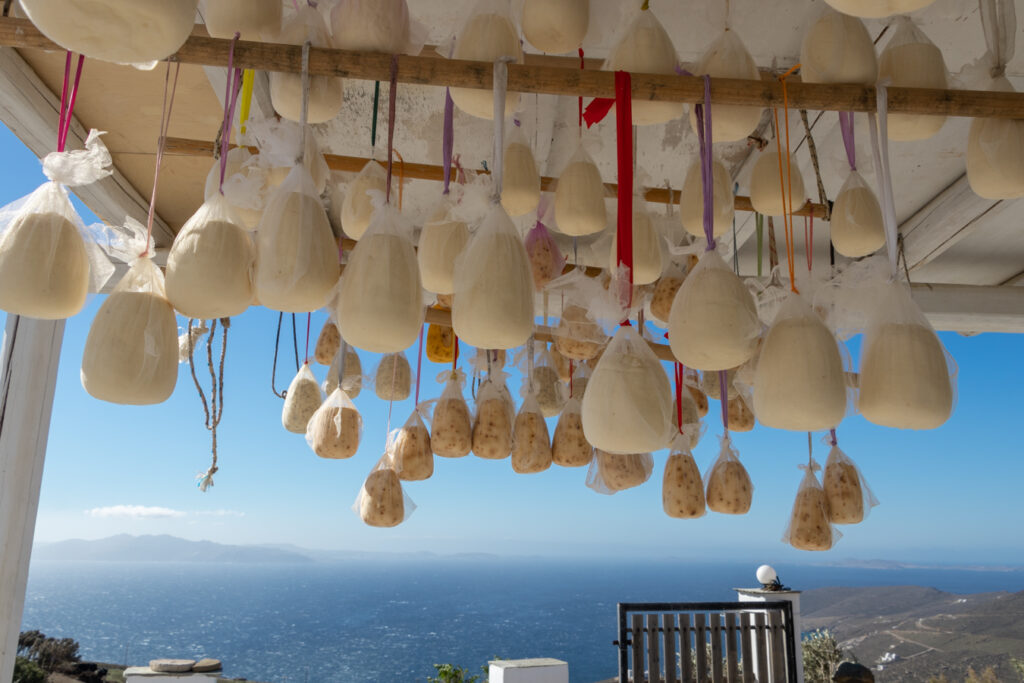
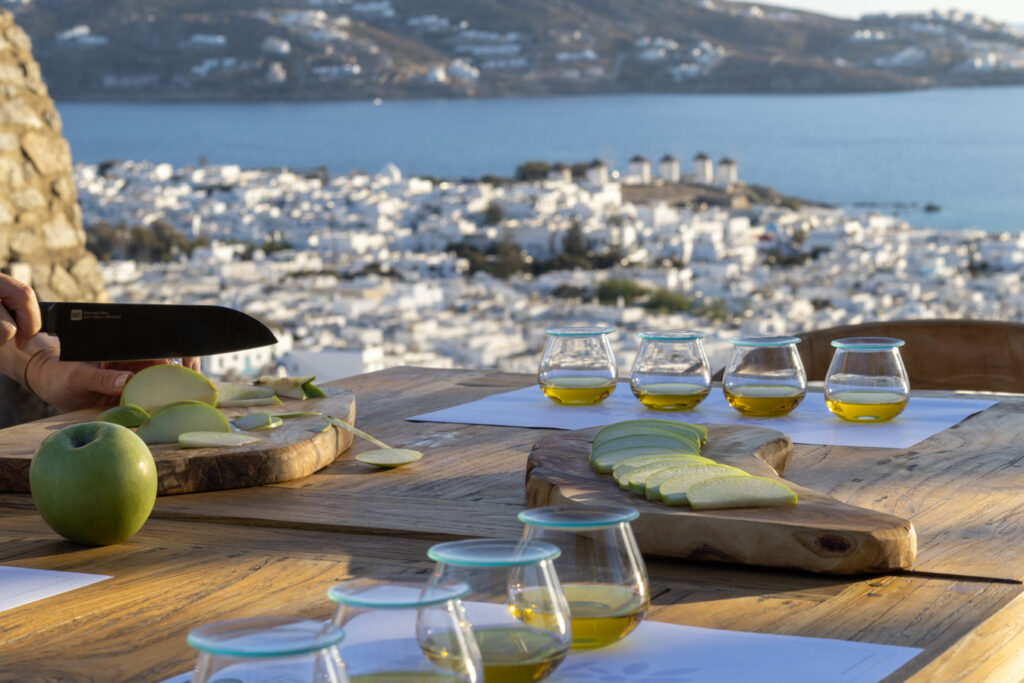
What dishes/delicacies do you highly recommend people try when visiting Greece?
Our pies, vegetarian dishes, handmade pasta and dishes cooked in a traditional way would be on the top of my list, followed by the meze – a variety of hot and cold dishes paired with ouzo or tsipouro. Also, spoon sweets, walnut pie with ice cream, mastic submarine, and local traditional desserts and sweets are just a few.
What regions you would suggest for foodies?
It depends on the season, and I will just mention a handful as there are so many places where you will find a number of great local dishes and desserts. Epirus and Thessaly are famous for their pies, each island has its own special dish and dessert, Northern Greece is famous for its desserts, North Aegean islands for meze, the Peloponnese for meat and wine, Crete for its abundant choices of local produce and dishes.
What authentic cultural experiences does Zorbabook offer?
The cultural experiences we offer are mainly related to promoting regional and local heritage spots related to crafts, customs and traditions. Our aim is to promote those with routes in our long history, which should be preserved, promoted and sustained for the future.
Do you create bespoke experiences for visitors?
Yes, depending on the visitors’ interests, season and available time, we work closely with our partners to offer unique holistic experiences which also result from our network’s collaborations.
Are there any new tours/tastings you are adding to your 2022 list?
We have kicked off our spring travels in order to visit both our current partners as well as prospective ones. It is of prime importance to experience what we offer prior to promoting it. Last but not least, the relationship with our partners goes beyond the strict business scope, it is based on mutual understanding, respect, trust and passion for our offerings and we are always looking to add new unique experiences we believe in.
Discover more about Zorbabook here
Images by Zorbabook ©



